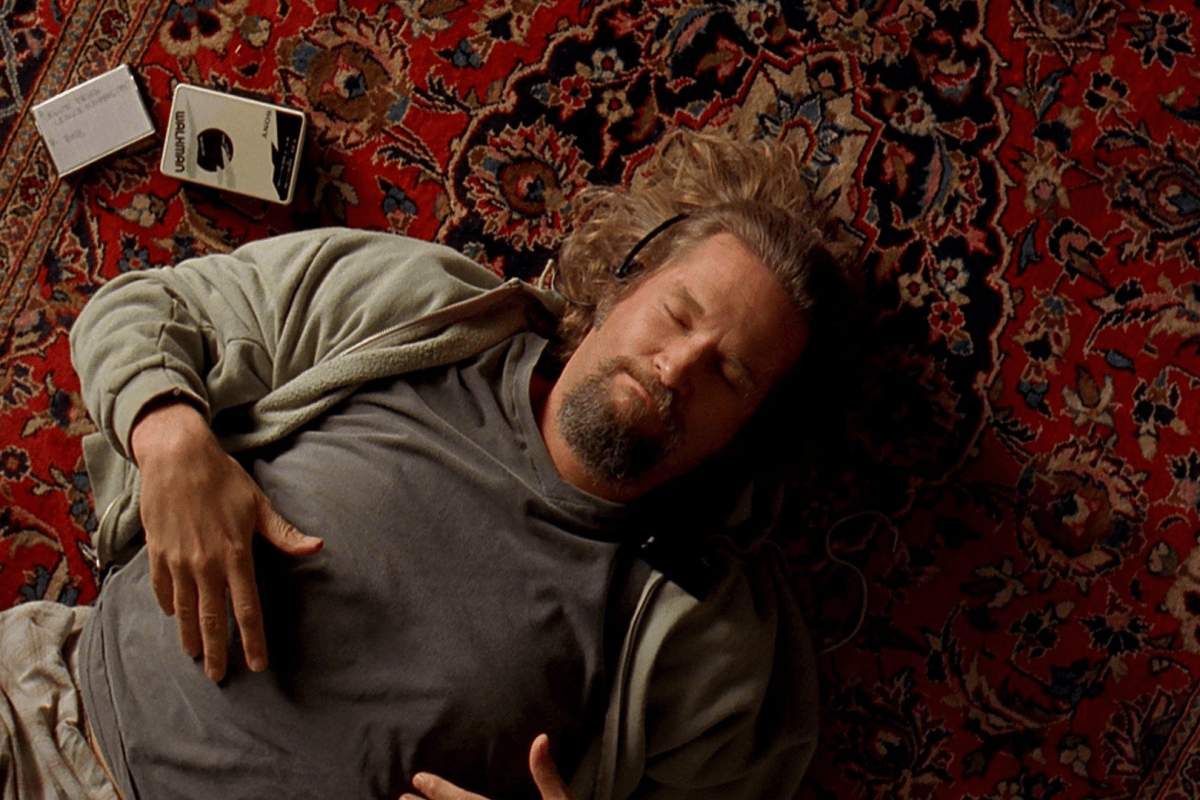Turns out getting enough sleep isn’t enough.
If you’re like us, you may be waking up in pain — which hurts your day and also hurts how you sleep. It’s a vicious cycle.
To understand the best and worst sleep positions for your joints, we spoke with Dr. Steven Struhl, a Board-Certified Orthopedic Surgeon and shoulder/knee specialist. Dr. Struhl was formerly a medical consultant to the U.S. Open tennis tournament and is currently both a faculty member at NYU Medical School and the Medical Director for Sportscare Physical Therapy, the official physical therapists for the Brooklyn Nets. (So maybe you’re getting the same advice that KD will be getting!)
“Changes in sleep patterns are common as you age,” says Dr. Struhl. “And weaker muscles and stiff tendons can also tighten during sleep, resulting in morning stiffness.”
Turns out a few small changes — and change of pillow positions — may help you start your day in a better place.
Your ideal sleeping position is …
“Everyone is different, so there is essentially no ideal position,” says Dr. Struhl, who then goes on to say that the healthiest option is to sleep on your back. “That allows your head, neck and spine to rest in a neutral position, relieving extra pressure on those areas.” As well, place a pillow under your knees to provide additional support while helping to maintain the natural curve of the spine. (And yes, keep using a pillow to support your head and neck. “That is crucial,” says Dr. Struhl.)
If your shoulder hurts when you wake up …
Try sleeping on the unaffected side while hugging a pillow, or sleeping on your back with a pillow underneath the painful shoulder.
If your knee hurts …
Sleep on your side with a pillow in between your legs to cushion your knees so they don’t rub together. “This will also reduce pressure on the knee,” says Dr. Struhl.
If your lower back hurts…
Turns out low back pain is one of the leading causes of pain among Americans. “Sleeping on a firmer mattress may help fight back pain. “Similarly, if you switch your position to sleeping on your side with your knees drawn in, this may reduce pressure placed on the spine,” says Dr. Struhl. Place a firm pillow between the knees, which will restore the natural alignment of the hips, pelvis and spine. If you prefer sleeping on your back, place a pillow underneath your knees and lower back.
The worst position to sleep in is …
Your stomach, especially as it relates to back pain.
If something else (heat, snoring partner, etc.) is affecting your sleeping position …
“Use ear plugs, a white noise machine or an eye mask,” suggests Dr. Struhl. “Also, keep your bedroom at a comfortable temperature — most people sleep best between 60 and 70 degrees.” (Note to my perpetually freezing partner: Sorry, doctor’s orders!)
The best mattress to use to help with pain is …
It varies, but “ideally a mattress should reduce the pressure points on your body to give you a better night’s sleep,” says Dr. Struhl. “Try out a number of different mattress and find the one that is most comfortable for you in every position, but especially in the position you most favor sleeping in.” To that end, someone with neck/back pain should try to find a medium-firm mattress. If you need your head raised, an adjustable bed is a good option.
The best pillow to use to help with pain is …
“A more rounded pillow can help support the natural curve of your spine,” says Dr. Struhl. As well, memory foam and feather pillows can provide soft comfort to the head and neck.
Something you can do before you to bed (or after you wake up) would be …
Neck stretches for your head, neck and shoulder pain. Child’s pose is a good resting stretch to relax the body and reduce stress. And then of course, you should always minimize time with electronic devices before you sleep (including television), avoid caffeine and large meals close to bedtime, and “try to engage in relaxing activities 30 minutes before bedtime.” Take that how you want.
And if none of that works …
“Medical options vary from person to person, but if joint pain persists, it’s important to visit your doctor and discuss your causes of pain,” says Dr. Struhl. “Some treatment options include physical therapy, pain medication and sometimes even surgery, depending on the patient and diagnosis.”
The Charge will help you move better, think clearer and stay in the game longer. Subscribe to our wellness newsletter today.

























